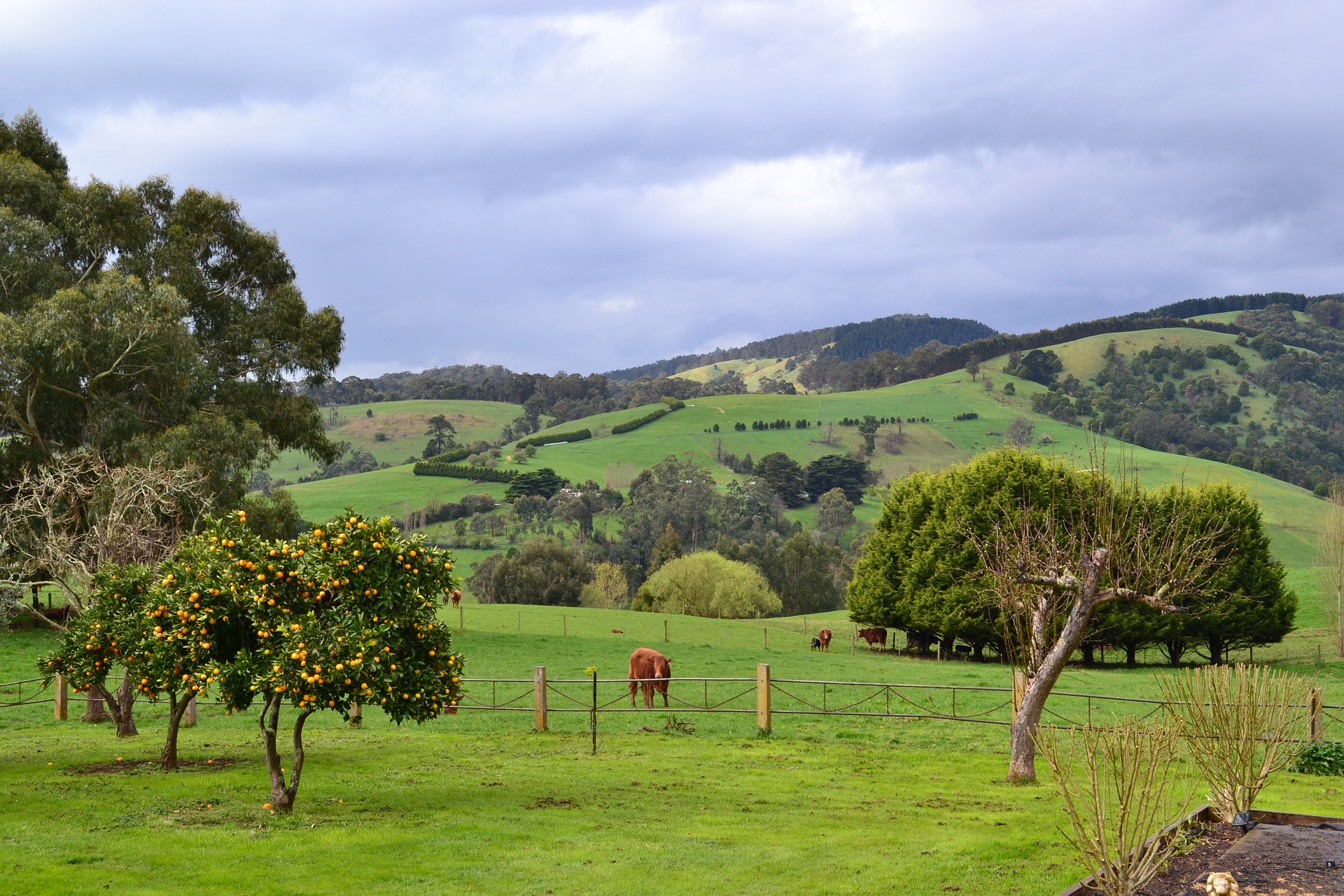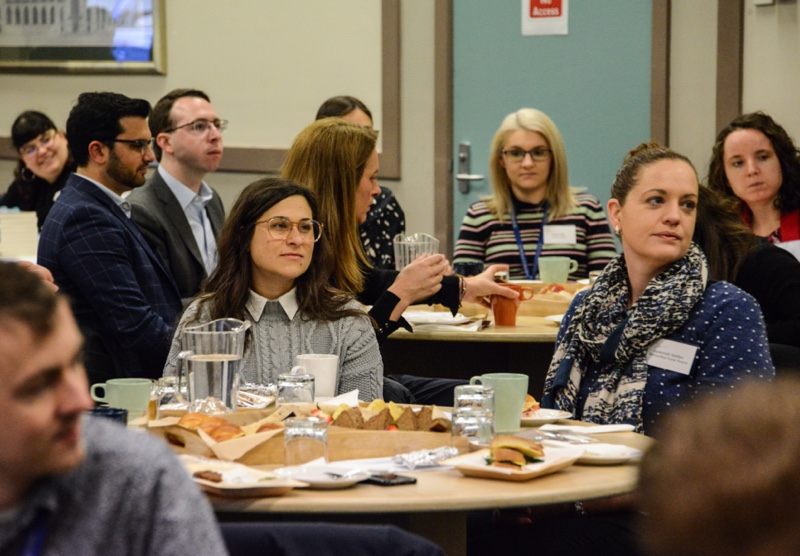Building on longstanding engagement and recent consultation conducted in Warragul in 2019, Catholic Social Services Victoria (CSSV), the peak body for Catholic social services across the State, has released a report, which outlines the social service and infrastructure needs of rural and regional communities living in Gippsland. The report reflects the experience of people working in their local communities with individuals and groups who face isolation and disadvantage — circumstances that have been further exacerbated by the recent bushfires in Gippsland, and now, the devastating impact of COVID-19.
According to Netty Horton, CEO of CatholicCare Greater Melbourne, and Gippsland who are active in providing a variety of services and material aid in the region, “the report outlines the gaps in services and infrastructure needed by these communities to enhance their ability to access things like education, employment, health and social services”.
“In the Warragul region, the specific issues facing members of this community include the long distances required for travel, the high cost of having a car and the limited and costly public transport options. Housing instability is a common underlying issue for most people seeking assistance, and private rental accommodation is expensive, substandard and often unsafe.”
The report also states that emergency relief is no longer a matter of occasional assistance in times of emergencies. Rather, for many individuals and families, it forms part of their regular budgeting to try to make ends meet. This has been reflected in the increase of food relief programs and the use of emergency relief being used for everyday expenses such as fuel, utility bills and car registration, according to those who took part in the research and consultation.
“More than ever, communities in the Gippsland area need particular assistance. For those facing significant disadvantage in the region, improving infrastructure would help to improve access to important health, welfare, education and employment services and opportunities,” said Netty.
The impact of bushfires, drought and COVID have further emphasised the level of needs within the Gippsland communities. The report outlines a number of practical recommendations, which have been submitted to Infrastructure Victoria’s to assist in informing their 2020 update to the state’s 30-Year Infrastructure Strategy.

There is a need to increase social housing across the region, particularly in regional centres and bushfire-affected areas and an increase in the availability of affordable housing, particularly for women escaping domestic violence. There needs to be adequate planning and funding for clinical and community mental health infrastructure and services to meet the current demand across the region, particularly for specialist dual diagnosis programs and rehabilitation services that provide integrated care for people experiencing drug and alcohol addiction and mental health issues.
Deacon Mark Kelly is the Bishop of Sale’s representative on the Council of Catholic Social Services Victoria. He has been deeply involved in the provision of care and services through the network of parishes throughout the diocese of Sale, which covers an extensive area stretching from Narre Warre in the west, to Phillip Island in the south, to Lakes Entrance in the east.
He says, “I have particular concern for those who don’t have access to digital devices or have limited digital literacy — this must be improved to increase community connections, particularly for older people and those who are socially isolated.” Deacon Mark also highlighted the important role of local knowledge and input in fixing local problems, which is a value in the Catholic tradition called subsidiarity.
“Communities experiencing persistent disadvantage, need long-term and place-based solutions that address the underlying causes of disadvantage. This includes using a strengths-based approach that recognises and harnesses the strengths of the local community and engages the community in the planning and development of solutions to address disadvantage. Importantly, infrastructure plays a vital role in facilitating access, engagement, connections and connectivity in our communities.
“Given the widespread impact of the bushfires and now the ongoing economic impact of COVID-19 compounding the existing infrastructure and social issues in the region, Catholic social services and the broader Catholic community in the Gippsland region are committed to continuing working together with Government and the community to address and advocate on the issues of the region, in a way that respects each person’s dignity and preciousness, which are central to our tradition”.
Download PDF version of Media Release.

Join our mailing list
Keep up to date with latest news, information and upcoming events.
We respect your privacy, as outlined in our privacy policy.